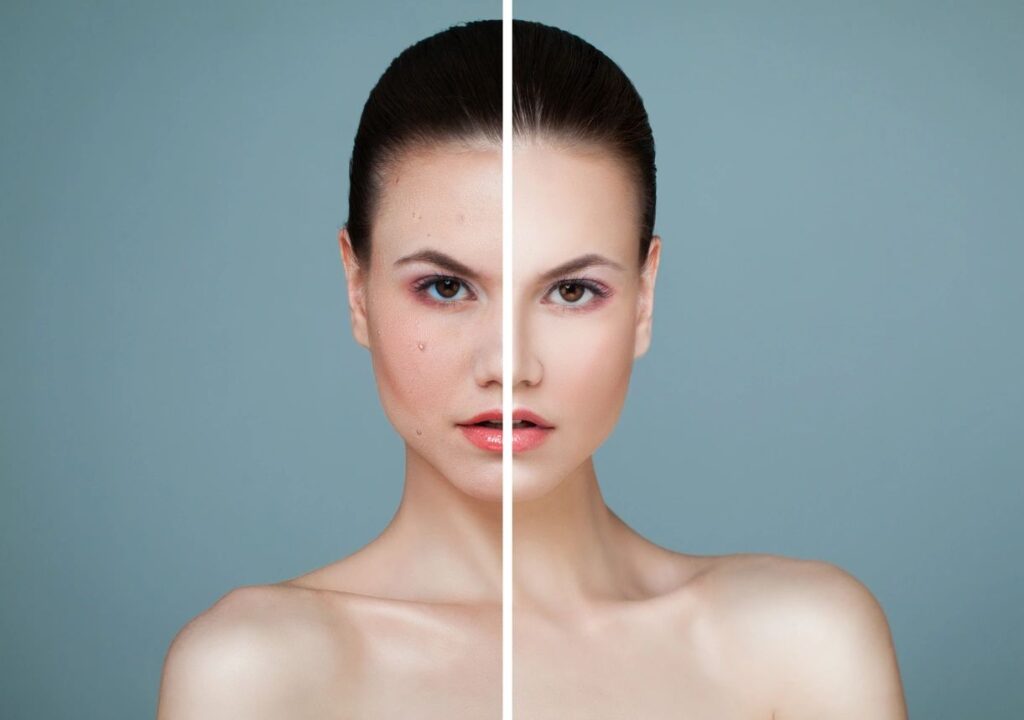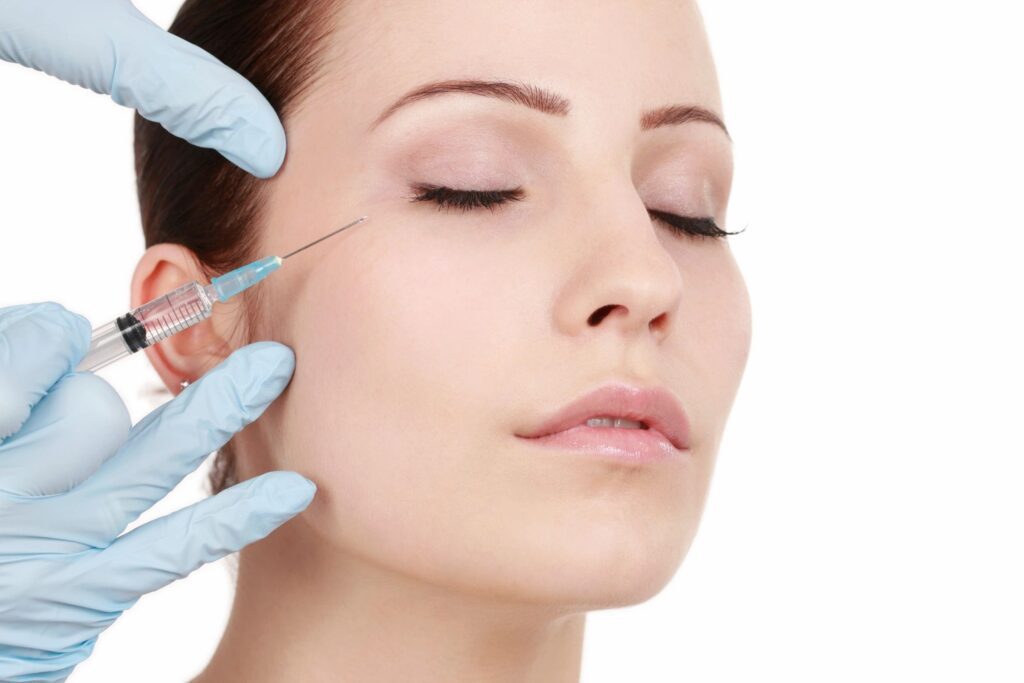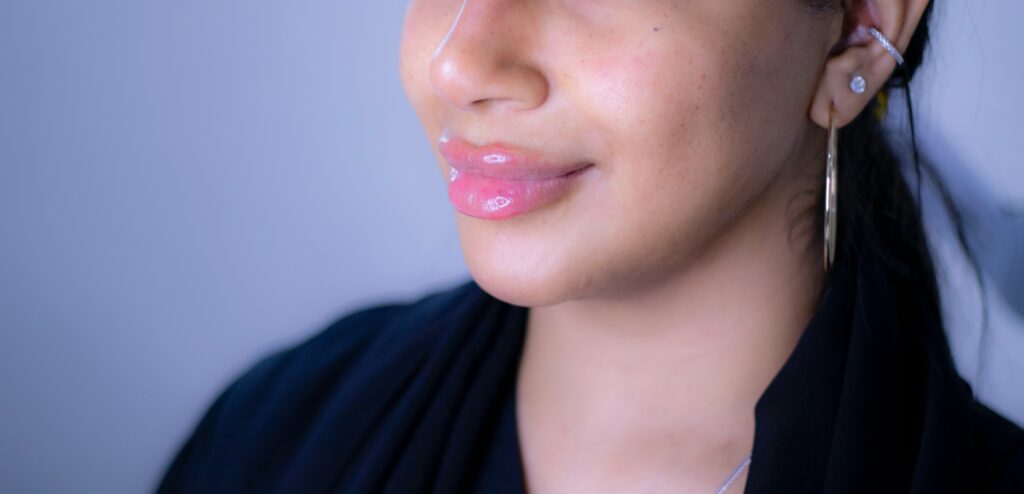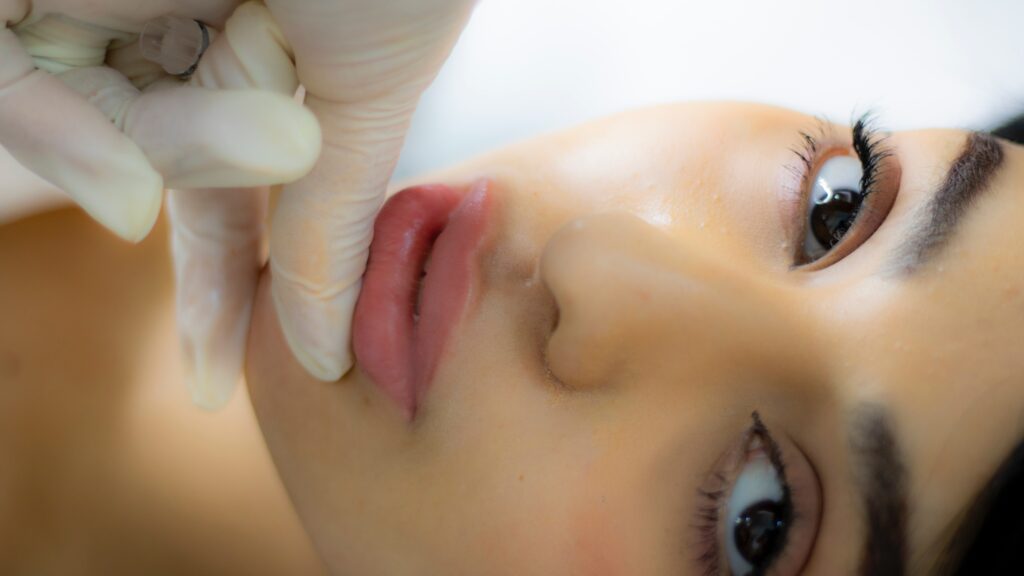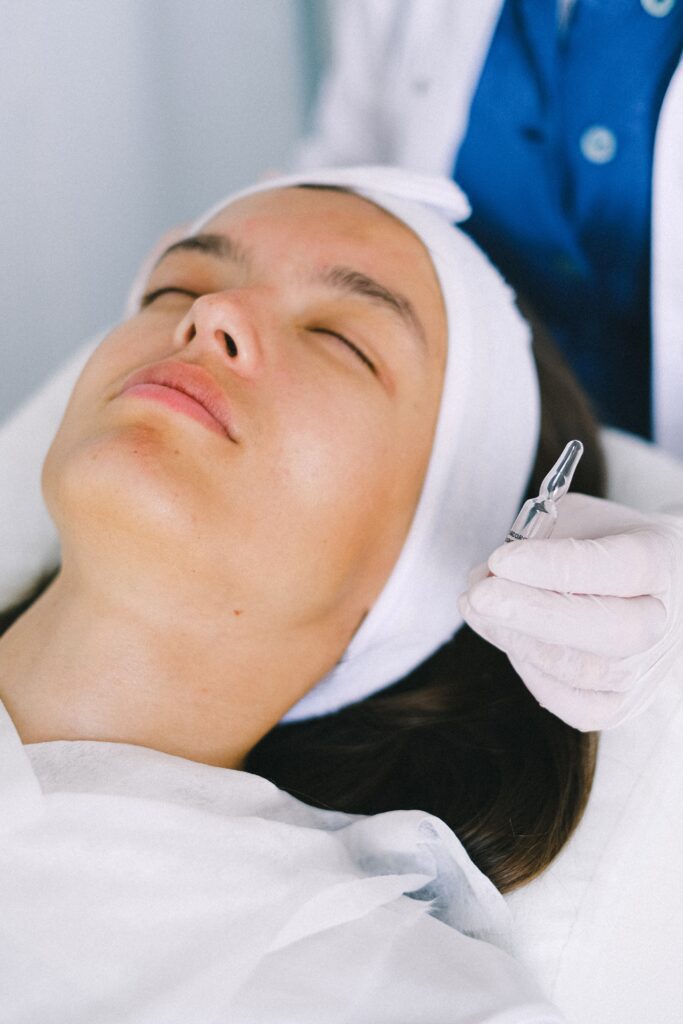Actinic Keratosis (Pre-Cancer)
By Robert S. Bader, M.D., Dermatologist |
Actinic keratosis (AK or Solar Keratosis) is the most common precancerous condition affecting the skin. In nearly all cases, these lesions form on skin that has been damaged by chronic exposure to ultraviolet (UV) rays from the sun and/or indoor tanning beds. Do I have to treat these lesions? If left untreated, these precancerous lesions may…
HYDROCHLOROTHIAZIDE (HCTZ) USE IS ASSOCIATED WITH INCREASED RISK OF BASAL CELL AND SQUAMOUS CELL CARCINOMA
By Robert S. Bader, M.D., Dermatologist |
A recent study published in the Journal of the American Academy of Dermatology has shown that taking hydrochlorothiazide (HCTZ) is associated with an increased risk of basal cell carcinoma and an even higher risk of squamous cell carcinoma. The risk was dose dependent (the higher the cumulative dose, the higher the risk). An increased risk…
THERE IS NO REASON TO RE-EXCISE A MODERATELY-ATYPICAL NEVUS
By Robert S. Bader, M.D., Dermatologist |
To those who are patients and those who follow my posts, you know that I am adamant that there has been an over-treatment of these atypical nevi for decades. In short, the data just does not support the removal of these lesions–PERIOD! Another study was just completed at Emory University (Atlanta) and Atlanta Veterans Administration Medical…
CONSUMING ALCOHOL INCREASES RISK OF SKIN CANCER: MAYBE
By Robert S. Bader, M.D., Dermatologist |
A recent study has shown a positive association of increased alcohol consumption with the risk of non-melanoma skin cancer. The study was small, so larger studies are needed to confirm these preliminary results. Here is yet another possible reason to limit or eliminate alcohol consumption. Red wine has some other health benefits that, according to…
ERECTILE DYSFUNCTION TREATMENTS LEAD TO INCREASED RISK OF MELANOMA AND BASAL CELL CARCINOMA.
By Robert S. Bader, M.D., Dermatologist |
The use of PDE5 inhibitors such as sildenafil (Viagra), tadalafil (Cialis), and vardenafil (Levitra) are common for those with erectile dysfunction. More and more research has shown an increased risk of some types of skin cancer for those taking these medications. Interestingly, there have been no studies showing an increased risk of squamous cell carcinoma. For this reason, those with a history…
MELANOMA: LYMPH NODE DISSECTION
By Robert S. Bader, M.D., Dermatologist |
Are we doing more harm than good? This has been a question that we have asked for decades regarding the treatment of malignant melanoma. Over the recent decades, margins of normal skin that are removed when treating melanoma have gotten smaller. Recently, the benefit of lymph node dissection to treat involved lymph nodes has come…
CHOOSE THE BEST MOHS’ SURGEON
By Robert S. Bader, M.D., Dermatologist |
According to a recent study, there is great variation from one Mohs’ surgeon to another when having Mohs’ surgery. In this study, they found that the mean number of stages per case was 1.47 (range, 1.09-4.11). The variation in range is huge!!! Thirty-five percent of surgeons were persistent outliers (performed more stages than the mean) in all three…
APPROXIMATELY ONE THIRD OF SUNSCREENS PROVIDE LESS THAN HALF OF THE SPF CLAIMED
By Robert S. Bader, M.D., Dermatologist |
Medscape (5/19, Doheny) reported, “About a third of sunscreens tested by experts…provide less than half the SPF protection claimed on the label,” according to Consumer Reports’ annual sunscreen report. According to the article, the Food and Drug Administration does not routinely test sunscreen products’ SPF. Dr. Bader recommends sunscreens that have a high concentration of zinc…
SKIN CANCER IS ON THE RISE!
By Robert S. Bader, M.D., Dermatologist |
According to a study published in Mayo Clinic Proceedings, squamous cell carcinoma rates have increased 263% between 2000 and 2010, while basal cell carcinoma increased 145% over the same time period. Although the reasons for this increase is not yet studied, increased sun exposure and increased tanning bed use are likely contributing factors. Avoidance of midday sun,…
REDUCE SUNBURN WITH A SINGLE DOSE OF VITAMIN D
By Robert S. Bader, M.D., Dermatologist |
According to a recent study, a single dose of at least 100,000 IU vitamin D3 rapidly attenuates sunburn when given within one hour of sun exposure. Lower doses were far less effective.


